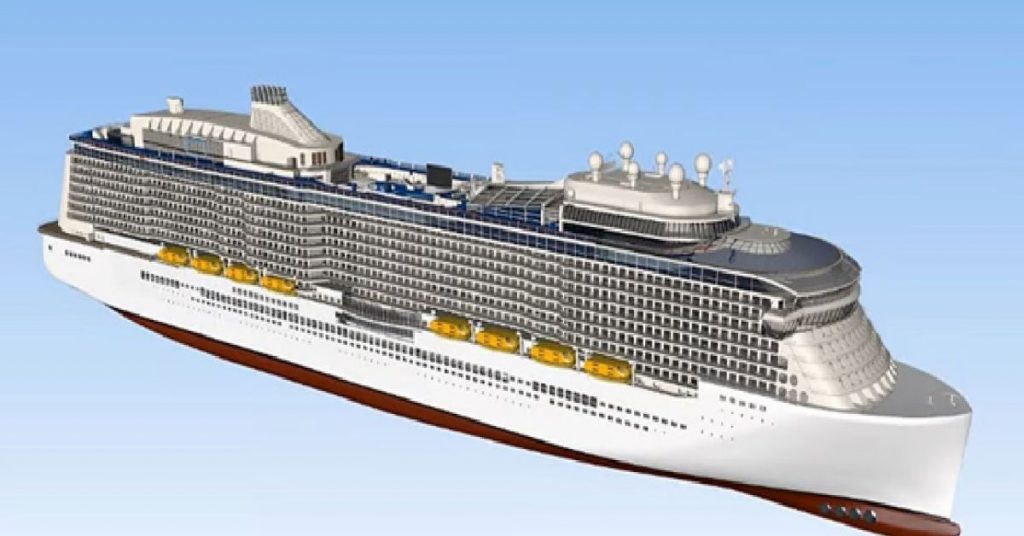Meyer Werft, the German Aerospace Center, and Freudenberg Fuel Cell e-Power Systems have launched a collaboration with the aim of developing proton exchange membrane (PEM) fuel cell systems for use in marine propulsion. The Zero4cruise project will focus on the use of methanol with the PEM fuel cells, allowing the technology to be used to supply cruise ships with electricity, heat and cooling, and to do so efficiently and with low emissions.
The DLR’s Institute of Engineering Thermodynamics will be responsible for the pre-development of fuel cell stacks on a scale relevant to the maritime market. The aim is to build prototype fuel cell stacks with 250 kW and 120 kW, including performance verification in laboratories.
The DLR’s Institute of Maritime Energy Systems is meanwhile carrying out long-term tests on a 500kW maritime fuel cell system. The aim is to simulate the real load cycles of a cruise ship in order to prove the long-term suitability of the system.
Tags: Cruise Ships, Fuel Cells, Methanol



Recent Posts
Egypt Advances Maritime Decarbonisation with National Action Plan Backed by IMO
Fuelre4m unveils VIRDIS: A predictive AI breakthrough in global fuel distribution, powered by Five9nes
EXMAR Launches First Ammonia-Fueled Gas Carrier at HD Hyundai Mipo
Japan-Backed Green Hydrogen Centre Planned for Uttar Pradesh
JSW Group Outlines Major Push into Commercial and Heavy Electric Vehicles
Lloyd’s Register Grants Approval in Principle for KSOE’s Multi-Fuel Newcastlemax Bulk Carrier Design
Eureka Shipping Deploys HVO-Ready Cement Carrier Tamarack for Great Lakes Operations
Terntank Places Repeat Order for VentoFoil Wind Propulsion Units on Methanol-Ready Hybrid Tankers